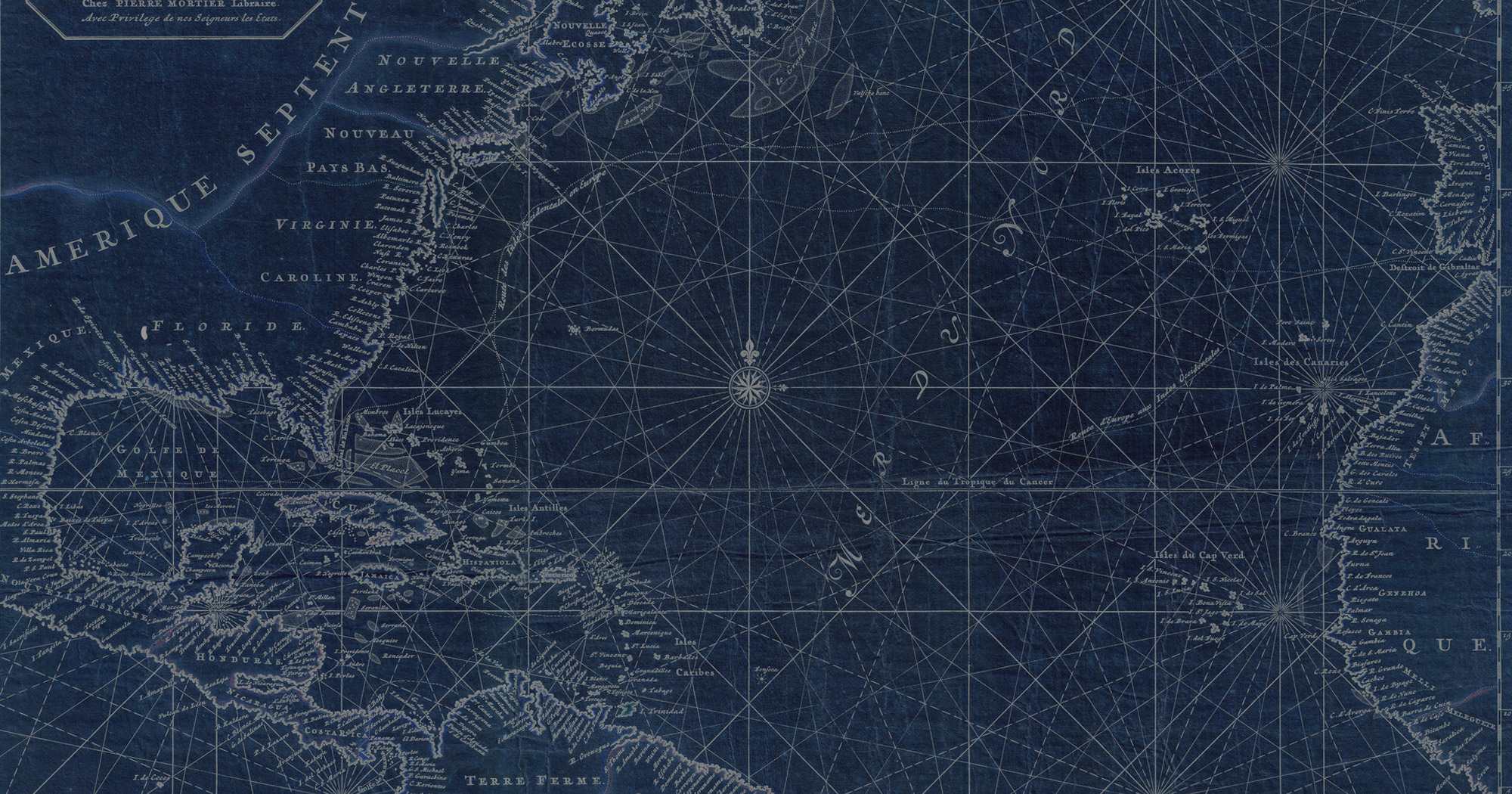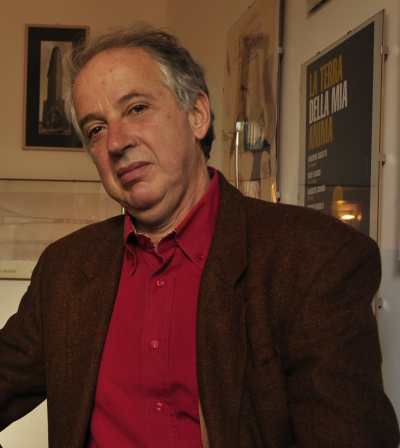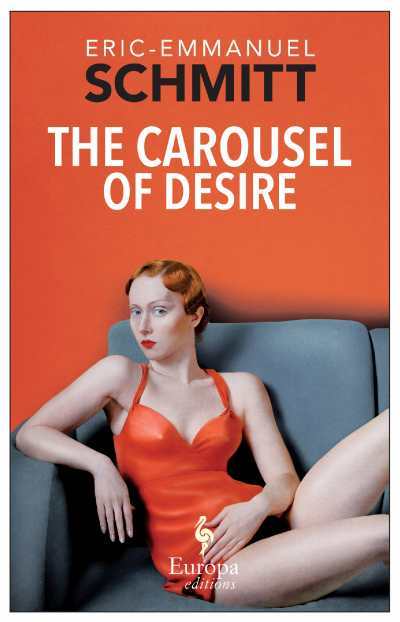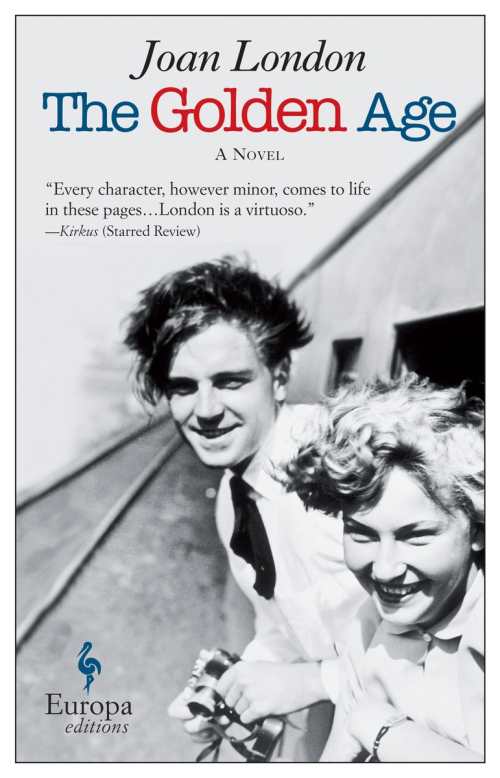Navigating by Book

Against nightly newscasts that suggest an increasingly more polarized world stands literature, ready to give us empathetic insights into the lives of our distant neighbors. According to the founder of Europa Editions, books are an uncommonly effective means of navigating the spaces between people and nations. This daring publisher’s catalog includes titles that illuminate those spaces, addressing the unspoken needs, hidden desires, and whispered fears that bind us, no matter what borders we live between. We asked Europa’s founder, Sandro Ferri, about what makes his company unique, and about what thrilling work we can expect from them in the near future.
Sandro Ferri, Europa Editions
There is increasing interest in books-in-translation; what is Europa’s role in that growing market?

Sandro Ferri: 'We...bring the best of international fiction to American readers.'
We are among the most prominent publishers of translated fiction, both in terms of number of published titles and for the quality of our translations. We feel the responsibility to bring the best of international fiction to American readers, so that they can appreciate excellent, diverse literature and better understand the rest of the world. We believe that literature is one of the best ways to navigate the world and different people from various countries.
Can you tell us a little about how Europa Editions started, and how it has evolved over the last decade?
I have been a publisher in Europe for more than three decades. At one moment, we felt the need to go directly to an English-speaking audience in order to broaden the circulation of the books we published. This was ten years ago, and at that time the American book market was very closed to translated fiction: only 3 percent of books published in the USA were translated fiction. Despite many skeptical reactions (mainly from people working in the big publishing houses) we believed that American readers were eager to read well-translated books from all over the world.
Independent booksellers helped us a lot to reach these readers by displaying and selling our books. The first book we published was a novel by an Italian author who at the time was unknown, Elena Ferrante. Now, ten years later, she has become one of the favorite authors of American readers. We also published other successful books like The Elegance of the Hedgehog, by French author Muriel Barbery, a New York Times Bestseller, the novels of British author Jane Gardam, Italian Nobel Prize winner Dario Fo, and also American writers like Chantel Acevedo, Alexander Maksik, Audrey Schulman and many more.
This fall, you are publishing an English translation of Eric-Emmanuel Schmitt’s The Carousel of Desire. Why is this novel is so exciting?

Schmitt is an amazing, eclectic, pluri-gifted author. He can write about spiritual issues (as in his short novels like Monsieur Ibrahim and the Flowers of Koran or Oscar and the Lady in Pink), social and political problems, and erotic literature. The Carousel of Desire is one of his masterpieces. It’s like an encyclopedia of modern eroticism. Through the riveting stories of several characters, it illustrates the many faces of our contemporary erotic and sentimental lives. What is astonishing in this novel is the fact that the author discusses sexual relations without any trace of moralistic condemnation. Every sexual behavior is defined by a sentimental and psychological background. It’s really amazing.
What other upcoming titles are you particularly excited about?

Shelter in Place, the new novel by Alexander Maksik, the American author of You Deserve Nothing; The Golden Age, by Australian author Joan London, winner of many awards; The Young Bride, a novel by one of the most popular Italian authors, Alessandro Baricco. I also would like to bring attention to some of our World Noir novelists, who are among the best in international crime fiction: Maurizio De Giovanni, Andrea Camilleri, Massimo Carlotto, Robert Wilson, Philippe Georget.
Elena Ferrante’s books have been a major seller for you—and you’ve maintained her anonymity. Can you say something about the interest surrounding her identity?
I believe that the interest in the identity of Elena Ferrante is a consequence of the passion inspired by her novels. I think that there are many readers who would like to know more about this extraordinary author, but I also know that there are plenty of other readers who are satisfied by her books and don’t really care to know who she is or where she lives. I believe that the main strength of literature is its autonomy, i.e., the fact that a reader can be completely absorbed by a book and use her/his imagination to approach and complete the author’s world just by reading, without the need to see her on TV or in the newspapers.
We know you can’t tell us who Ferrante is—but can you tell us something about her that no one else knows? (We’ll even take “favorite ice cream flavor”!)
I don’t know what her favorite ice cream flavor is (I keep changing mine every time I go to a new gelateria), but I can tell you that she has an excellent sense of humor.

Michelle Anne Schingler is associate editor at Foreword Reviews. You can follow her on Twitter @mschingler or e-mail her at mschingler@forewordreviews.com.
Michelle Anne Schingler
